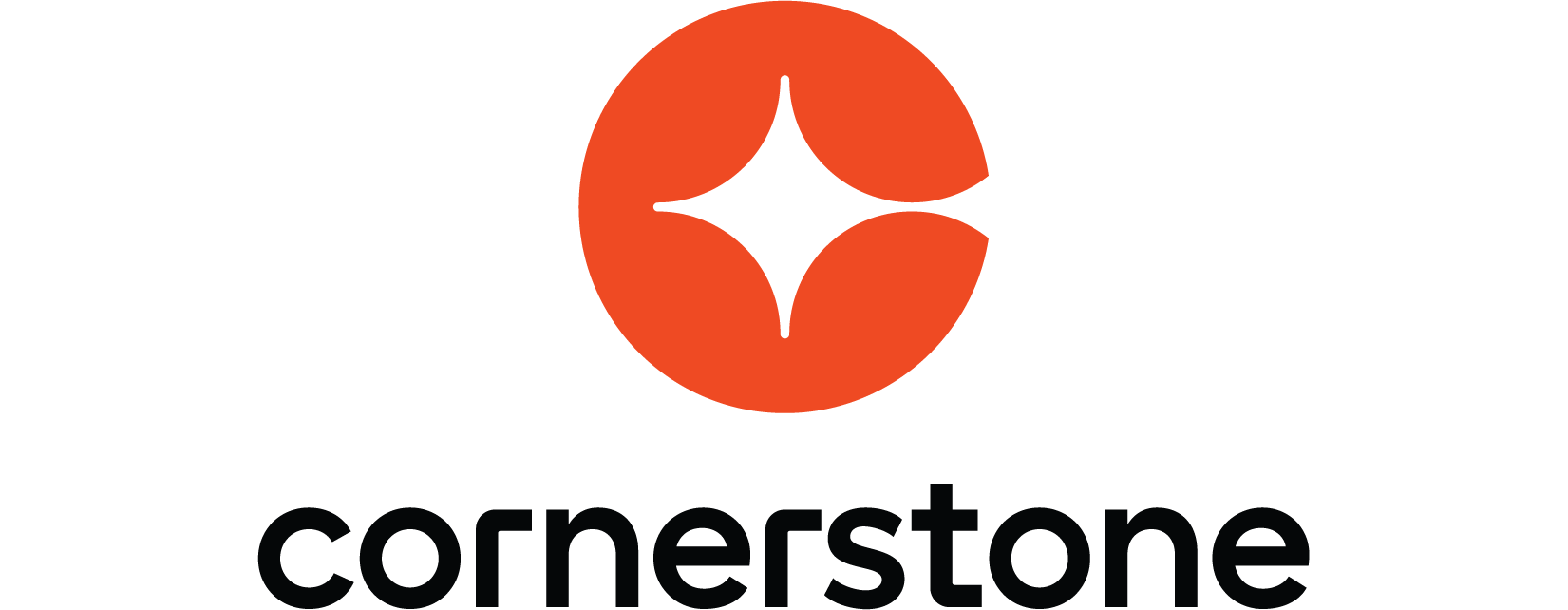Successful talent management plays a vital role in the overall growth and success of any organisation. However, at times, companies may face the daunting challenge of managing talent without clear strategies in place.
Talent management and retention tops HRD priority list, says research
But there are effective approaches for companies to manage their talent effectively. By focusing on developing a proactive culture, fostering employee engagement, and leveraging agile practices, organisations can navigate this complexity and drive continued and sustained growth.
Develop a proactive talent management culture
In the absence of clear strategies, encourage managers and team leaders to identify individual strengths and potential growth opportunities within their teams. Regularly hold performance evaluations and constructive feedback sessions to assess talent development needs.
This proactive approach empowers managers to align individual goals with organisational objectives, ensuring a consistent talent development focus.
Foster employee engagement through flexible career paths
With no predetermined strategies, providing employees with flexible career paths becomes crucial. Engaged employees are more likely to excel and contribute to the overall success of the organisation.
Encourage employees to explore diverse roles, cross-functional projects, and job rotations.
This not only enhances their skill set but also promotes a sense of loyalty and commitment to the company.
Tailored talent management better than 'best practice' approach
Embrace agile talent management methods
This involves employing flexible processes that can adapt to changing priorities. Engage employees in short-term projects, promoting cross-functional collaboration and knowledge sharing.
Agile talent management ensures a nimble workforce that can address evolving demands and seize emerging opportunities.
Leverage internal talent pool and succession planning
Identify high-potential employees and offer tailored development opportunities to prepare them for key leadership roles. Implement succession planning programmes that align individual growth with organisational objectives.
This will help build a strong leadership pipeline and reduce talent gaps.
Encourage skill development
Organisations should prioritise a culture of continuous learning. Offer employees access to training programs, workshops, and online resources to foster skill development.
Encourage self-driven learning and provide mentorship opportunities.
Talent management: Dispelling some myths
Emphasise open communication and transparency
Maintain open lines of communication, ensuring regular feedback is sought from employees. Transparently communicate organisational priorities, changes, and expectations to keep employees informed.
This fosters trust, boosts morale, and empowers employees to contribute creatively to talent management efforts.
What do we mean when we talk about talent?
Leverage technology for talent management
Adopting the right technology can significantly enhance talent management, even when strategies are unclear.
Implement an efficient HR management system (HRMS) to streamline talent acquisition, performance management, and learning and development initiatives. Leveraging analytics can provide valuable insights into talent trends, enabling data-driven decision-making.
Managing talent effectively without clear strategies may seem challenging, but organisations can turn this scenario into an opportunity for growth and innovation.
Remember, talent management is an ongoing process that requires adaptability and continuous improvement. With the right approaches in place, organisations can harness the full potential of their talent pool, driving sustained success in today’s dynamic business environment.
By doing so, they will not only attract and retain top talent but also futureproof their organisations.
Suki Roath is head of talent acquisition at Avask Group










